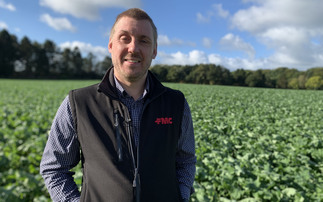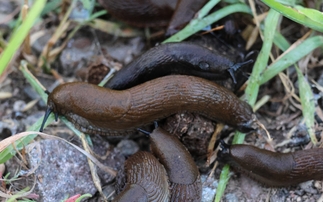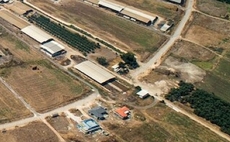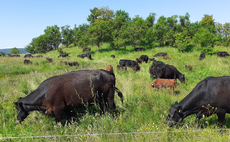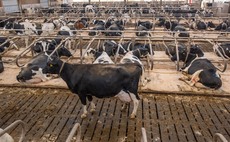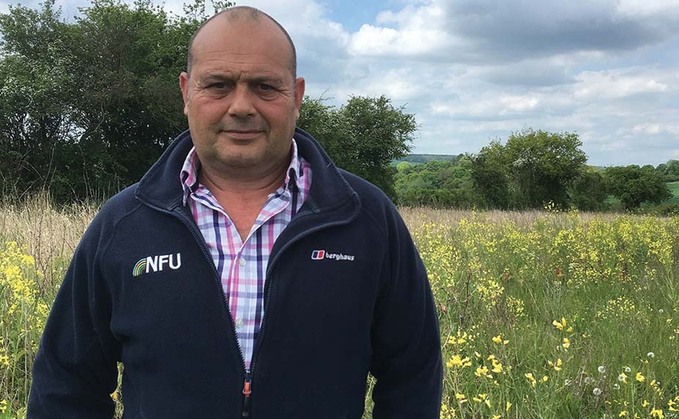
NFU crops board chair, Matt Culley
It's probably not a good month for any of us to start off with pleasantries about the weather. What a ‘summer' it has been. Like all of you, I've been watching what were largely decent looking fields deteriorate. The other downside has been the time it allows to think about the wider goings-on in farming policy, some of which we've been battling for a while. Top of my list at the moment remains the issues with the potential loss of seed treatments for some crops, especially maize, as well as parallel imports of PPPs from the EU that we have already lost access to. Now our minds are increasingly turning to some Extensions of Authorisation for Minor Use (EAMUs) which allow the use of PPPs already approved on other crops grown on a smaller area, especially oats and beans for the arable sector which have now expired or are expiring.
Importance
This can all get quite technical, and it's never easy to talk about plant protection products. But I've spent so much of my time as NFU crops board chair trying to explain to our policymakers of their role and importance in growing healthy crops. If solutions can't be found, these issues will affect most of us in some way, whether that is in making maize much more difficult to establish, reduced choice and resilience in PPP supply, or undermining our ability to control weeds in oats and beans. The latter point highlights just one of many wider issues and contradictions when policymakers want wider rotations, but the threat to some of the toolbox required to grow them is under pressure. All three of these areas also show the need for the potential impact on productivity and food production to be a key part of any changes in PPP policy, because none of the changes to seed treatments, EAMUs or parallel imports are being done due to human or environmental safety reasons. They are largely administrative, and ultimately the continued fallout from Brexit, and delays sorting out domestic policy.
Maize
The dairy and anaerobic digestion supply chains continue to work to ensure growers can grow maize next year. However, if that comes in the form of Emergency Authorisations to allow the temporary use of essential actives on maize - actives that we have been using for years and which EU members will continue to use - Government needs to understand that it's much harder for businesses and supply chains to plan for the long-term on that basis.
Another issue worth mentioning is the new Home Office requirement for photo ID to buy some fertilisers which are seen as ‘explosive precursors' from this October. It's caught a lot of us by surprise, and of course we all want to ensure fertiliser is kept out of the wrong hands. However, it looks certain to be annoying and frustrating to navigate, at least in the short-term, as supply chains work out how it'll operate in practice. Sadly, I suspect those creating the policy don't understand the reality of buying fertiliser, especially in the current market and the hoops we already have to jump through to buy, store, and apply it. The NFU and wider supply chain has made the case for earned recognition for farm businesses and FIAS members in the wider supply chain, but without success so far.
I'd like to finish on some happier news, and one I'll hopefully return to. NFU Crops are currently recruiting for the next Cereals Development Programme. I wish all the applicants well as it's a great opportunity for the next generation of farmers and farming leaders to see across the supply chain and policymaking landscape over the next few months.












